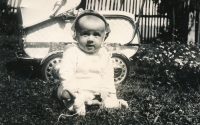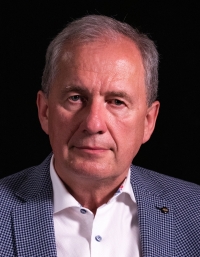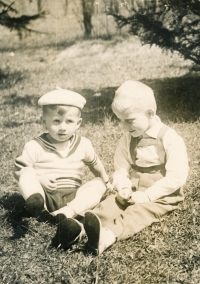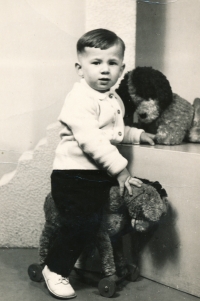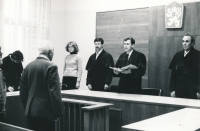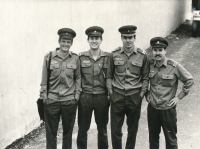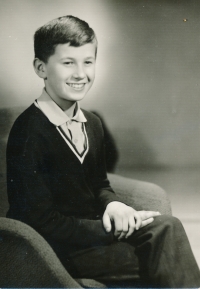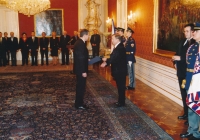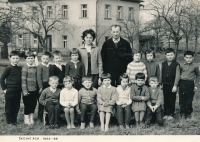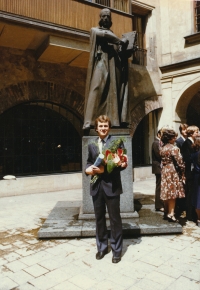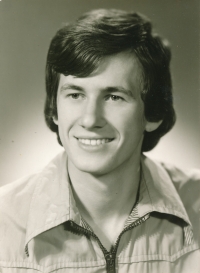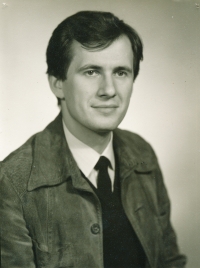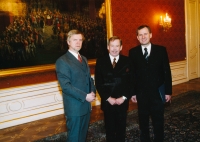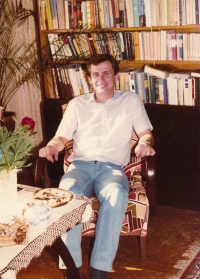A judge has to protect his independent decision making

Download image
Josef Baxa was born on December 31st, 1959 in Klatovy and grew up in the nearby village of Libákovice. Both his parents came from families of farmers, however, his father, Josef Baxa, was a professional soldier and till 1969 also a Communist party member. His mother worked at a local agricultural coop. Josef Baxa graduated from the Faculty of Law, Charles University in Prague (Praha). During his one-year compulsory military service he was involved in a case of three officers who were bullying conscripted soldiers. Thanks to his contribution, those people were sentenced. In 1984 he started to work as a penal judge at the District Court in Pilsen (Plzeň). One of the first cases he dealt with was the case of Vladimír Líbal and Heřman Chromý who were charged with disorderly conduct as they were exposing themselves during an artistic performance and were acquitted by judge Baxa. In February 1988 he was a Communist party membership candidate but in the end he didn’t join the party. In 1989 he started to work at the District Court in Pilsen (Plzeň), where he had been involved in court clearance processes after 1990. At the same time he was one of the founders of the Faculty of Law, University of West Bohemia. In 1998 he was an intern at the Supreme Court presided by Otokar Motejl with whom he later came to the Ministry of Justice where Otakar Motejl, now a justice minister, tried to carry out the justice reform. Josef Baxa served as his first undersecretary and after Motejl had left the office he served as an undersecretary for his successors, Jaroslav Bureš and Pavel Rychtský. In 2003 he was one of the founders of the Supreme Administrative Court and served as its first president. In 2009 he was nominated Lawyer of the Year in administrative law. His presidency ended in 2018, after that he has been serving as a regular Supreme Administrative Court judge. In 2019 he announced that president Miloš Zeman tried to influence the Supreme Administrative Court decisions.

